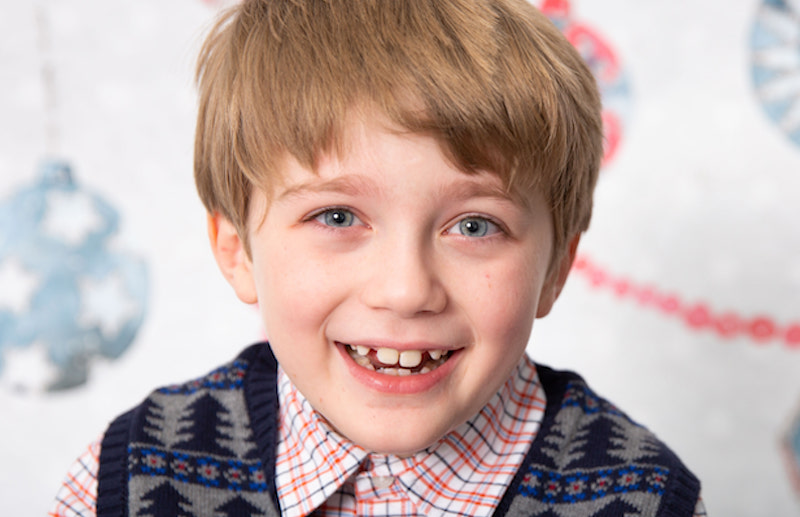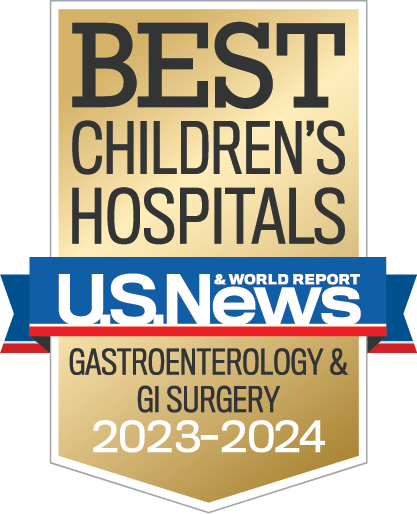Our Fecal Microbiota Transplantation (FMT) and Therapeutics Program treat children with debilitating gastrointestinal infections such as Clostridium Difficile infection (commonly called C. diff), as well as other autoimmune conditions that don’t respond to standard therapy.
Our FMT expertise
Our FMT program was one of the first in the country to provide fecal transplant tailored specifically for pediatric patients. It’s also currently one of only a few programs in New England that offers this innovative treatment for kids, who have different needs than adults and therefore benefit from our comprehensive treatment delivered by a team of pediatric specialists.
Our expertise in FMT draws patients from across the USA, and from around the world, to our program for evaluation and/or treatment. Our clinicians are also on the forefront of the research in this area, conducting a variety of studies to further advance our understanding of the potential fecal transplant holds for a number of conditions.

Meet Isaac
When Isaac was diagnosed with Clostridium difficile (C. diff), he found no relief from any of the standard treatments his doctors tried in his home state of Oklahoma. Learn why his family traveled to Boston Children’s Hospital.
How FMT works
The healthy human body contains trillions of bacteria in the gut. This environment, commonly referred to as the intestinal microbiota, plays an important role in preventing illness and disease. However, long-term or frequent antibiotic use can disrupt the makeup of the microbiota by killing the healthy bacteria. With that protection gone, dormant C. diff spores in the body, which are resistant to the antibiotics, are able to take up residence in the gut, releasing toxins that cause severe symptoms including abdominal pain, diarrhea, and fever.
FMT is an innovative investigational treatment that equips the body to fight back. FMT can be delivered by capsule, colonoscopy, enema, or a temporary tube placed into the stomach or small intestine. Although the exact mechanism is not known, it is thought that by delivering healthy bacteria contained in human poop to the colon of the affected child, it can fight the C. diff bacteria and restore a more balanced ecosystem.
Numerous studies have found FMT to be very effective in treating C. diff. In addition, children seem to have fewer side effects from FMT than adults. This makes it an appealing option for many of our patients. Our multi-disciplinary team of experts assess each child individually to determine whether this is a viable treatment approach for his or her specific circumstances.
A leader in research and innovation
Boston Children’s is leading the way in exploring the potential that FMT holds to treat a variety of illnesses and conditions. Our ongoing research effort, led by Stacy Kahn, MD, FMT Program Director, is advancing the field in exciting new directions.
Ground-breaking study of pediatric FMT patients
Dr. Kahn recently led the largest clinical study to date looking at the effectiveness of fecal transplant in children. The findings, which are reported in the Clinical Gastroenterology and Hepatology, reveal positive outcomes in pediatric patients with Clostridium Difficile (C. diff) who were treated with FMT. She also was a senior author on the first international guidelines on the use of FMT in children.
Researchers are also exploring the effectiveness of using fecal transplant for children with inflammatory bowel disease (IBD) and other forms of colitis.

